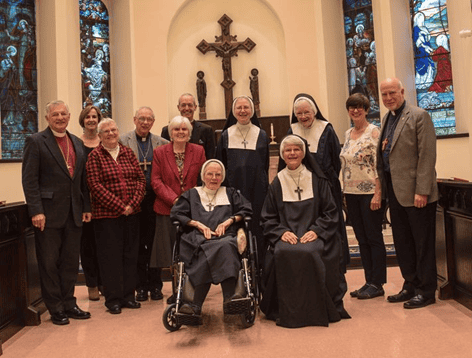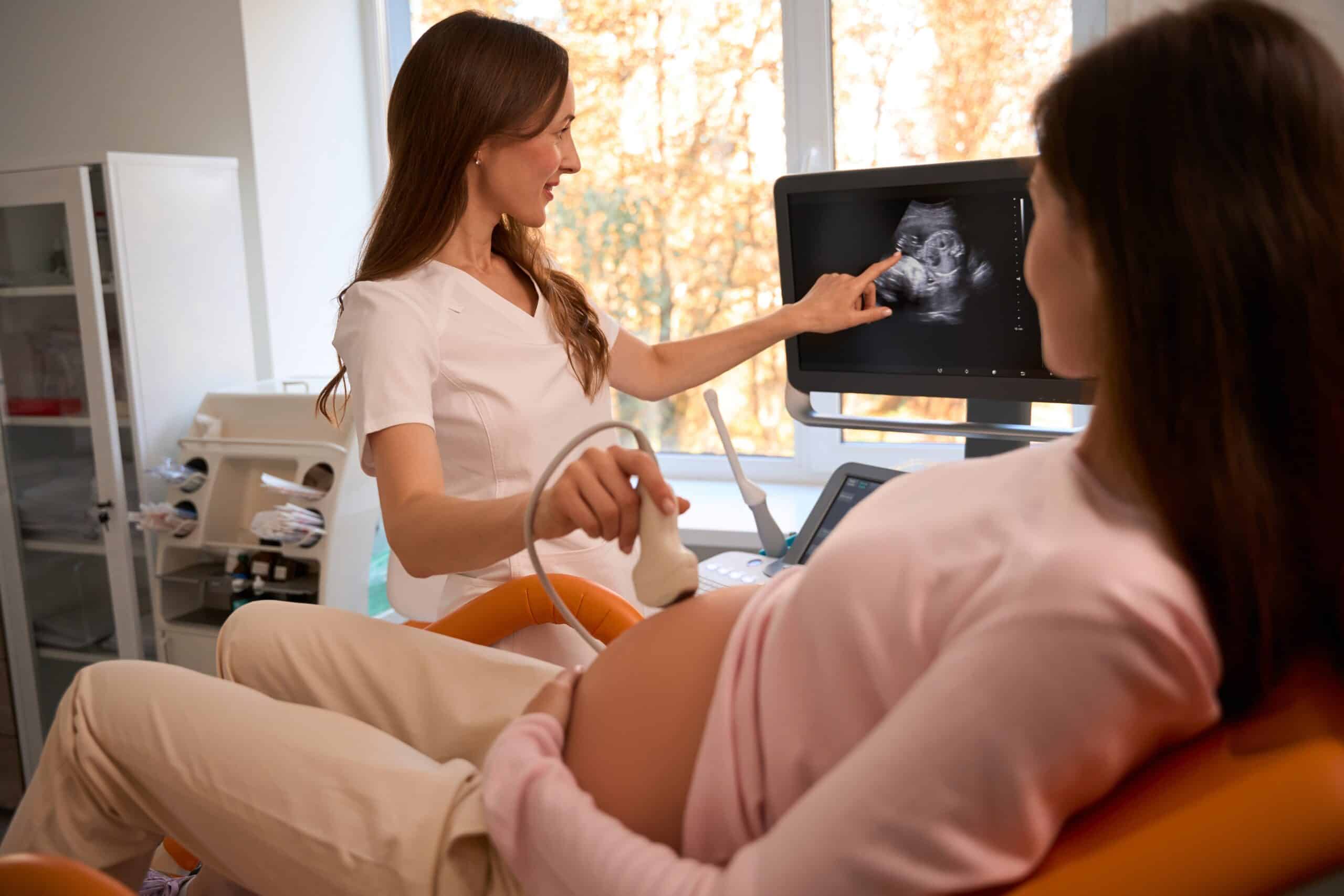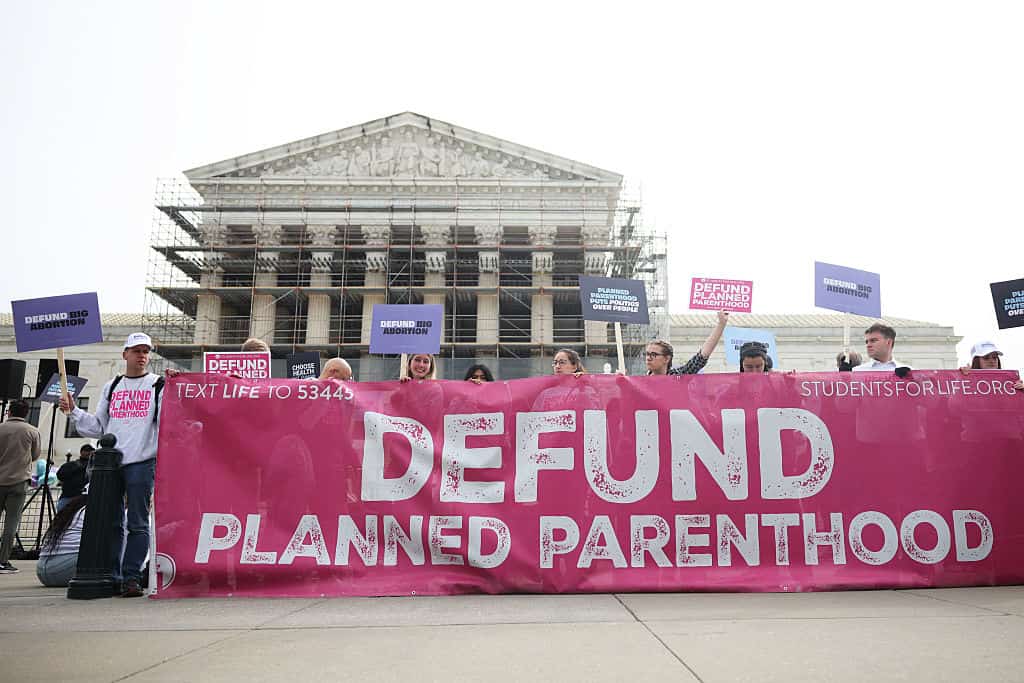Idaho Supreme Court Puts ‘Heartbeat Bill’ on Hold for Now

Recently the Idaho legislature passed a Texas-style heartbeat abortion ban which makes it unlawful to perform an abortion after a fetal heartbeat can be detected, which typically occurs at approximately six weeks gestation. The law, scheduled to go into effect on April 22, was immediately challenged in court by Planned Parenthood, which utilized a rare legal procedure to bypass the state’s lower courts and asked Idaho’s highest court to block the law.
The state Supreme Court granted that request, although it is only temporary for now.
Senate Bill 1309 (SB 1309), also known as the Fetal Heartbeat Preborn Child Protection Act, was signed into law by Governor Brad Little on March 23. The lawsuit filed by Planned Parenthood argues that the law is unconstitutional and that no lower court in Idaho ought to be able to entertain a lawsuit brought to enforce it against an abortionist who violates the law’s terms.
The state Supreme Court gave the state 28 days to respond to Planned Parenthood’s lawsuit and stayed the implementation of SB 1309 pending further action by the high court.
No dissents were offered by any of the five justices.
The unusual legal procedure involves a request for a “writ of prohibition,” which, if granted, would order lower courts in the state not to entertain any lawsuits to enforce the law.
Idaho’s heartbeat abortion ban is slightly different than Texas’, in that only certain close relatives of a child killed in an abortion can bring a lawsuit, whereas in Texas any member of the public may bring such a lawsuit. And the damages that can be awarded in Idaho are twice that of Texas’ law – $20,000. But, like Texas, the mother of the aborted child cannot be held liable, and there is an exception to the law for abortions done because of a strictly defined medical emergency.
Planned Parenthood’s lawsuit is no slam dunk for the abortion seller. Writs of prohibition are normally only granted to block existing lawsuits from proceeding in the lower courts. In Idaho, the law is not even in effect yet, so no lawsuits have been initiated against an abortionist. Because of those facts, the relief requested by Planned Parenthood may not be available, and the Idaho Supreme Court may ultimately dismiss the case.
However, another possibility exists that would be even better for the cause of saving babies in Idaho than winning this lawsuit.
If the U.S. Supreme Court overturns Roe v. Wade in its upcoming decision in Dobbs v. Jackson Women’s Health Organization, which is a distinct possibility, Idaho’s “trigger law” will immediately take effect. A trigger law is one that is “triggered,” i.e., goes into effect, by the occurrence of an event, which in this case would be the judicial demise of Roe.
Under Idaho’s trigger law, any person who performs or attempts to perform an abortion would be guilty of a felony punishable by imprisonment of two to five years. In addition, the abortionist’s license to practice medicine would be suspended for a first offense, and permanently revoked for a subsequent offense.
A decision in Dobbs could be forthcoming at any moment, but certainly no later than the end of June, when the current term of the U.S. Supreme Court ends. Be praying for the end of Roe, but barring that hoped-for result, for the Idaho Supreme Court to ultimately reject Planned Parenthood’s request in the lawsuit it has filed.
Planned Parenthood’s lawsuit suit is Planned Parenthood v. Idaho.
Photo from Shutterstock.
ABOUT THE AUTHOR

Bruce Hausknecht, J.D., is an attorney who serves as Focus on the Family’s judicial analyst. He is responsible for research and analysis of legal and judicial issues related to Christians and the institution of the family, including First Amendment freedom of religion and free speech issues, judicial activism, marriage, homosexuality and pro-life matters. He also tracks legislation and laws affecting these issues. Prior to joining Focus in 2004, Hausknecht practiced law for 17 years in construction litigation and as an associate general counsel for a large ministry in Virginia. He was also an associate pastor at a church in Colorado Springs for seven years, primarily in worship music ministry. Hausknecht has provided legal analysis and commentary for top media outlets including CNN, ABC News, NBC News, CBS Radio, The New York Times, the Chicago Tribune, The Washington Post, The Washington Times, the Associated Press, the Los Angeles Times, The Wall Street Journal, the Boston Globe and BBC radio. He’s also a regular contributor to The Daily Citizen. He earned a bachelor’s degree in history from the University of Illinois and his J.D. from Northwestern University School of Law. Hausknecht has been married since 1981 and has three adult children, as well as three adorable grandkids. In his free time, Hausknecht loves getting creative with his camera and capturing stunning photographs of his adopted state of Colorado.
Related Posts

New York Ends Fight to Force Nuns to Pay for Abortions
January 27, 2026



